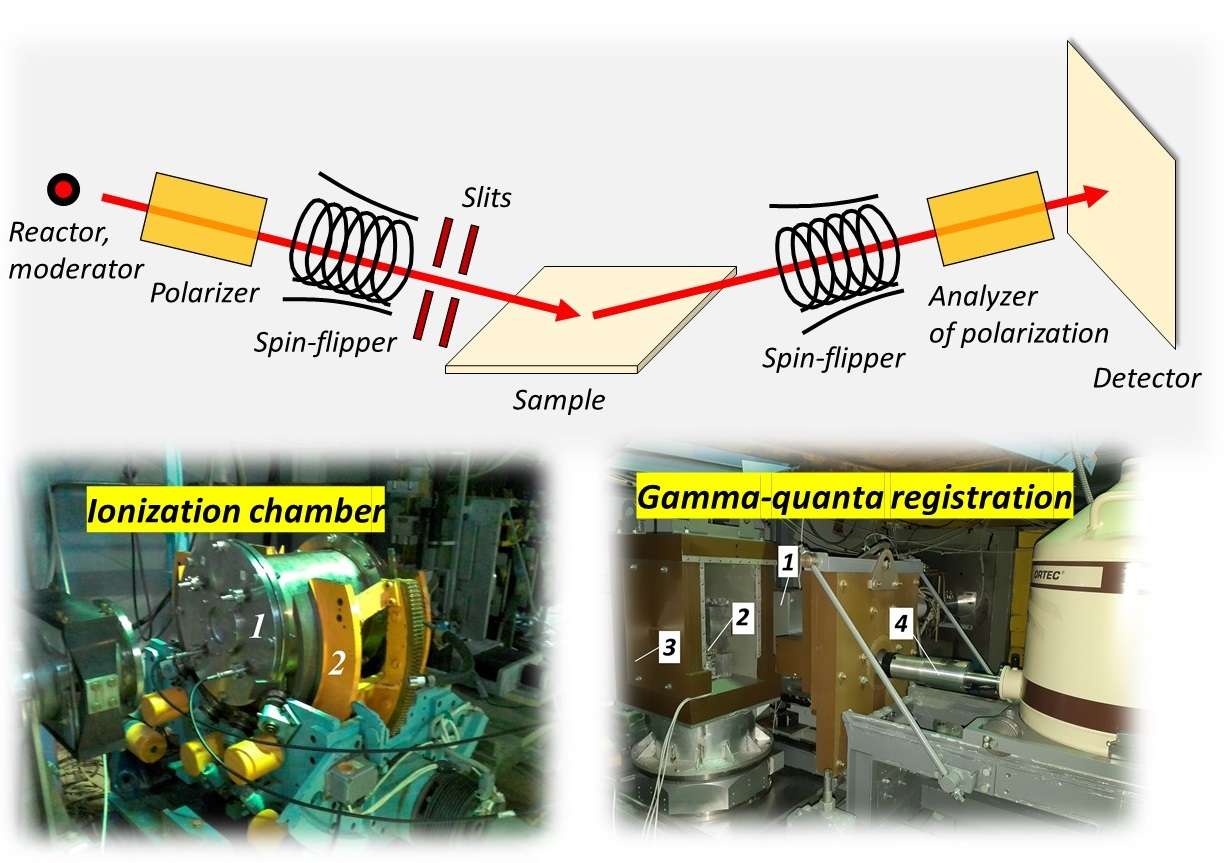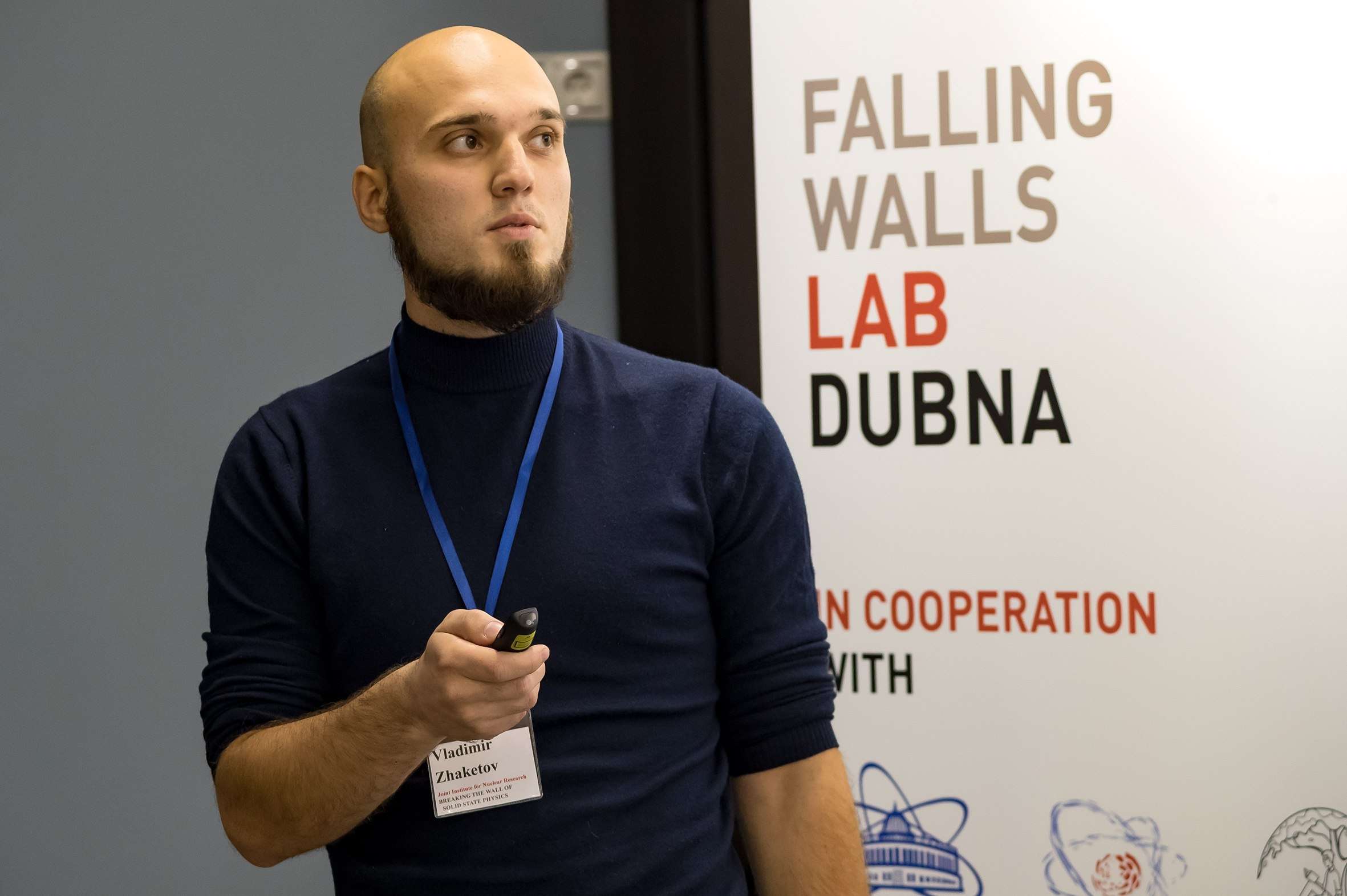Polarized neutron reflectometry is useful method for investigation of low-dimensional heterostructures. This method can give such parameters of the structure as: magnetic and nuclear profile to the depth of the structure and size of inhomogeneites in range 1 nm -100 μm. But method has some disadvantages. The project is about development of the method.
Tasks
1. Polarized neutron reflectometry with secondary radiation registration (calculations)
2. Polarized neutron reflectometry in oscillating magnetic field (calculations)
3. Neutron spin-echo in grazing incidence mode (calculations)
Preliminary schedule by topics/tasks
The duration of this project is 6 weeks.
Week 1 – introduction lecture, reading the articles
Week 2 – lecture with task explanation
Week 3, 4 - task completion
Week 5, 6 – preparing of the report
Required skills
1. Neutron physics: basic knowledge of polarized neutron reflectometry
2. Condensed matter physics: basic knowledge of magnetism / superconductivity
3. Computer skills: Matlab
Acquired skills and experience
1. Skills at polarized neutron reflectometry (PNR)
2. Understanding of possible directions of PNR development: isotope-identifying neutron reflectometry, etc.
3. Experience at data processing and fitting of data with physical model.
4. Understanding the problems of coexistence superconductivity / ferromagnetism at low-dimensional heterostructures
Recommended literature
1. V.D. Zhaketov et al. // arXiv:2101.09859.
2. S.V. Kozhevnikov et al. // J. Phys.: Conf. Ser. 340 012084 (2012).
3. Yu.V. Nikitenko. // J. Synch. Investig. 10, 169–176 (2016).
4. V.L. Aksenov et al. // JINR Communications D13-2004-47 (2004).
5. Yu N Khaydukov et al. // Physical Review B, Vol. 99, No. 14, pp. 140503, 2019.



